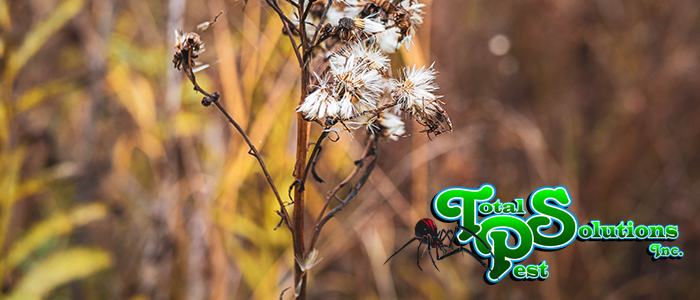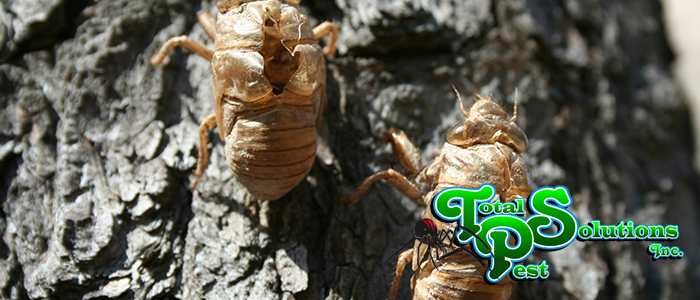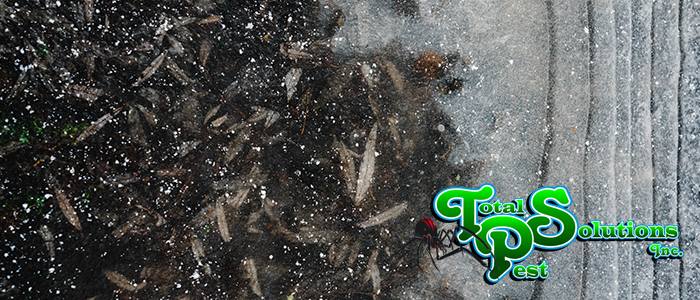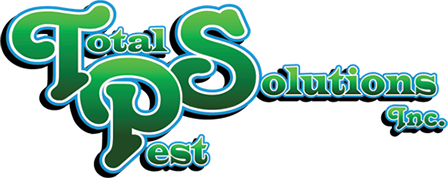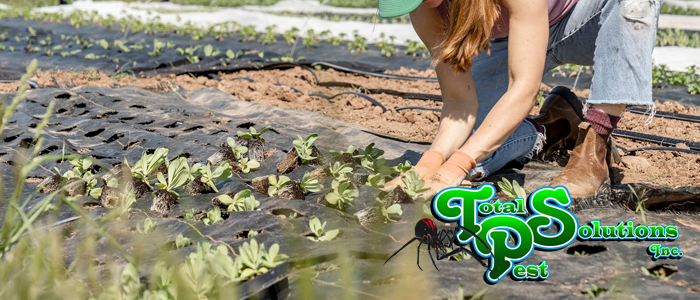
What They Don’t Tell You About Gardening in Florida
Florida is known for its warm weather, abundant sunshine, and lush landscapes, making it seem like a gardener’s paradise. However, there are many unique challenges to gardening in Florida that often go unmentioned. From aggressive pests to unpredictable weather, maintaining a thriving garden in the Sunshine State can be harder than expected. Here’s what they don’t tell you about gardening in Florida and how to overcome these obstacles.
The Insect Invasion
One of the biggest challenges of gardening in Florida is dealing with the constant presence of pests. The state’s warm and humid climate is a breeding ground for insects, including aphids, caterpillars, grasshoppers, and the notorious palmetto bugs. These pests can quickly destroy your plants if not managed properly. Organic gardening methods like encouraging beneficial insects, using neem oil, and applying diatomaceous earth are essential for keeping pests at bay without harming the environment. However, regular pest control and vigilance are a must if you want to protect your garden year-round.
Year-Round Growing Season Comes with a Catch
Florida’s year-round growing season is a dream for many gardeners, but it also presents its own set of challenges. While you can grow fruits, vegetables, and flowers throughout the year, the same conditions that promote plant growth also support rapid pest infestations and fungal diseases. The combination of high humidity and heat can cause issues like powdery mildew, root rot, and leaf spot. To keep your garden healthy, you’ll need to adjust your watering habits, ensure proper air circulation, and regularly inspect your plants for signs of disease.
The Importance of Native Plants
Gardening in Florida can be easier if you choose native plants that are naturally adapted to the state’s climate and pest pressures. Native species like coontie, firebush, and beautyberry not only thrive in Florida’s environment but also attract beneficial insects and pollinators that help keep pests under control. Many new gardeners make the mistake of planting non-native species that require constant maintenance, including heavy watering and chemical treatments to combat pests and diseases. By focusing on native plants, you can create a more sustainable and resilient garden.
Battling Weeds and Invasive Species
Florida’s fertile soil and frequent rain make it easy for weeds and invasive species to take over your garden. Aggressive plants like air potato, Brazilian pepper, and torpedo grass can quickly smother your garden if not controlled. Regular weeding, mulching, and keeping an eye out for invasive species are critical to maintaining a healthy garden. Mulch can also help retain moisture and regulate soil temperature, reducing the need for constant watering while discouraging weed growth.
Up For the Challenge?
Gardening in Florida can be both rewarding and challenging, with the state’s ideal growing conditions offset by the constant battle against pests, weeds, and diseases. Understanding the unique conditions of Florida’s climate and focusing on organic pest control, native plants, and diligent garden maintenance will help you create a thriving, beautiful garden. While it may require extra effort, the rewards of gardening in Florida are well worth it when you see your plants flourish in this unique environment. We at Total Pest Solutions are well-experienced in this matter, so for more tips, be sure to follow our blogs!
continue reading
Related Posts
Auburndale’s Winter Weed Resurgence: Targeting Poa Annua As the vibrant
Davenport’s Pine Beetle Threats: Protecting Trees in Dormant Season As
Winter Roach Hotspots in Lakeland: Kitchen & Bathroom Prevention As

